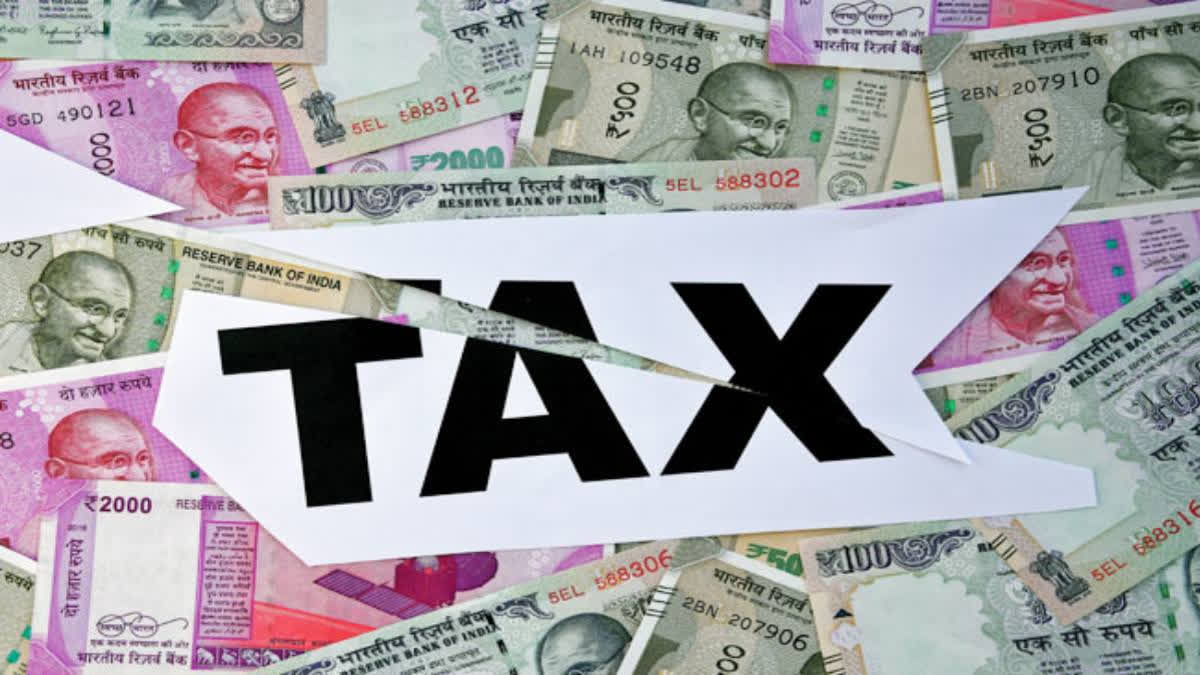Kolkata: The Indian economy has demonstrated tremendous resilience post-pandemic and has emerged as one of the fastest-growing major economies in the world. This has resulted in several high-net-worth individuals going up in the country. According to a Knight Frank report, India is home to 7,97,714 high-net-worth individuals (HNIs), or those whose asset value is at $1 million or more. Such individuals will double in number–growing at a massive 107% in the next five years to 1.65 million.
In Budget 2023, the surcharge rate of 37% has been slashed to 25%, but only to those in the new tax regime. The highest surcharge shall be 25% for income above Rs 2 crore. This would reduce the maximum rate (for those with income more than Rs 5 crore) from about 42.7% to about 39%.
However, there is no difference in the tax rate for those in the income tax slab of Rs 2 crore to Rs 5 crore. They will continue to be taxed at 39% (30% tax + 25% surcharge+4% cess). For the HNIs efficient capital gains tax planning is important as the financial year of 2023-24 is coming to a close.
Capital Gains Tax
The term capital gains can be defined as profits accumulated from the sale of any capital asset. Such gains can be accrued either through the sale of investment or real estate property. Depending on the duration, capital gains can either be short-term or long-term. Since profits are categorised as an ‘income’, they are liable for taxation, which is known as capital gains tax.
Types of Capital Gains Taxation
There are two types of capital gains
1) Short-term Capital Gain Tax
Any asset that is held for less than 36 months is termed a short-term asset. In the case of immovable properties, the duration is 24 months. The profits generated through the sale of such an asset would be treated as short-term capital gain and would be taxed accordingly.
2) Long-term Capital Gain Tax
Any asset that is held for over three years or 36 months is termed as a long-term asset. The profits generated through the sale of such an asset are treated as long-term capital gain and attract the tax accordingly.
Assets like preference shares, equities, UTI units, securities, equity-based mutual funds and zero-coupon bonds are also considered long-term capital assets if they are held for over a year.
Under Section 80C of the Income Tax Act, short-term capital gains would attract a tax at the rate of 15% if the investor decides to sell it within a year. A long-term mutual funds capital gains tax would be charged 10% on profits exceeding Rs 1 lakh generated through equity-oriented funds and share
Capital Gains Tax Planning for HNIs
Capital gains tax planning in India for HNIs involves strategies to minimise the tax liability on the sale of assets. There are a few ways through which HNIs can minimise their capital gains tax.
- Indexation Benefit: HNIs can utilise the indexation benefit to adjust the cost of acquisition of assets for inflation. Using the cost inflation index (CII) provided by the government HNIs can adjust costs to current rates and lower capital gains.
2 Exemptions and Deductions: HNIs can explore exemptions and deductions available for specific types of investments. For example, investments in specified bonds like Capital Gain Bonds issued by the National Highways Authority of India (NHAI) or Rural Electrification Corporation (REC) provide an exemption from capital gains tax.
3 Capital Loss Set-Off: HNIs can set off capital losses against capital gains to reduce their overall tax liability. Capital losses can be carried forward for up to eight assessment years and can be utilised to offset future capital gains.
4 Tax-Advantaged Accounts: HNIs can consider investing in tax-advantaged accounts such as the Equity Linked Savings Scheme (ELSS) or retirement accounts like the National Pension Scheme (NPS) to enjoy tax benefits and potentially reduce their capital gains tax liability.
Reinvestment of capital gains
Alongside this, HNIs may consider reinvestment of capital gains in:
1 54 EC Bonds: HNIs can invest their capital gains in specified bonds issued by government entities under Section 54EC of the Income Tax Act. These bonds have a lock-in period of five years and provide tax exemptions on the reinvested capital gains.
2 Startups and Venture Capital Funds: Investments in eligible startups under the government's Startup India initiative can provide tax benefits under Section 54GB of the Income Tax Act.
3 Tax-Saving Instruments: Invest capital gains in tax-saving funds like the Public Provident Fund (PPF), National Savings Certificates (NSC), or tax-saving fixed deposits.
These instruments provide tax benefits under Section 80C of the Income Tax Act and allow HNIs to defer taxes on the reinvested amount while earning returns.



